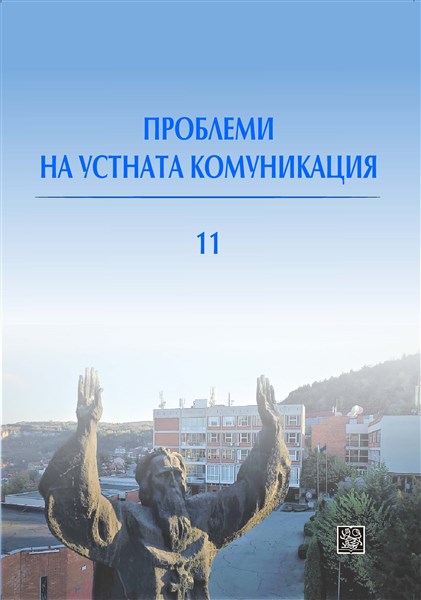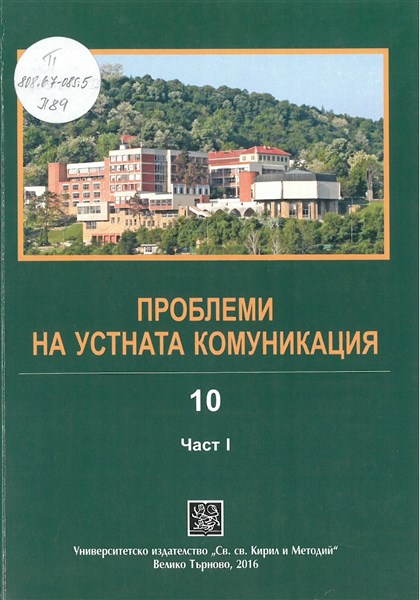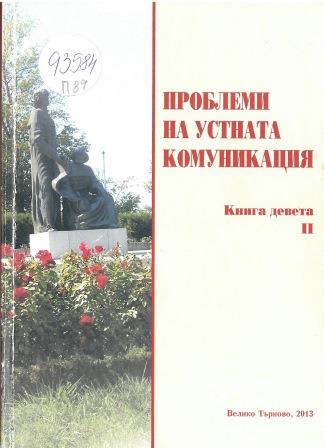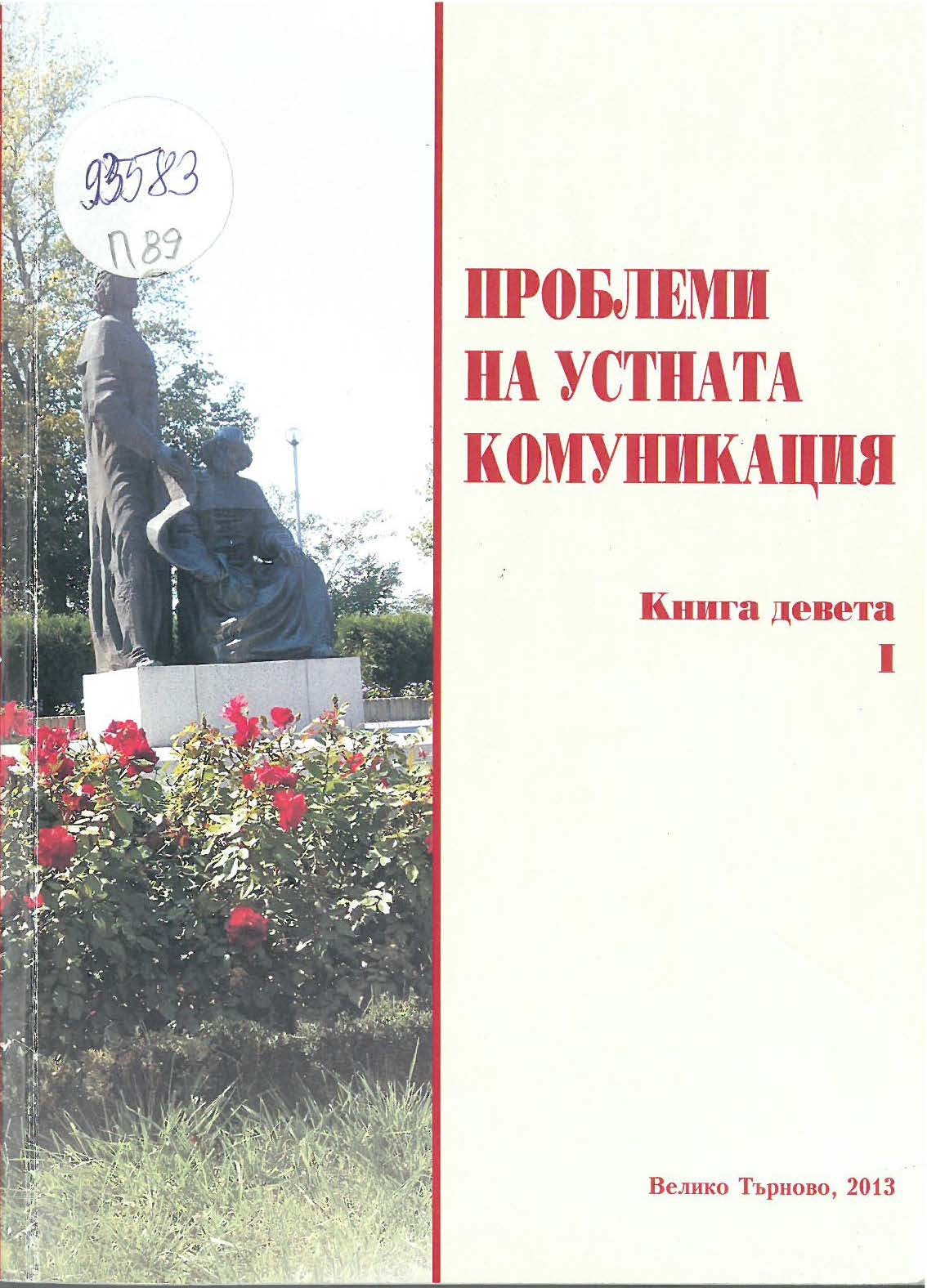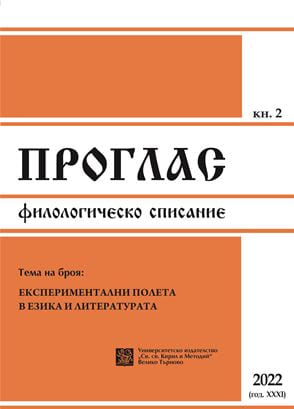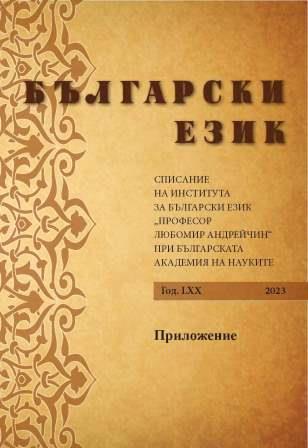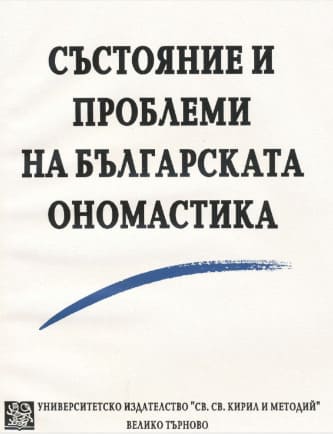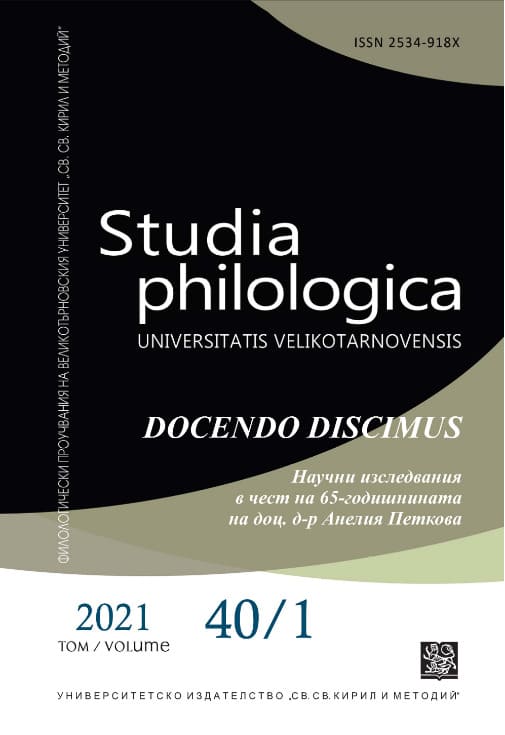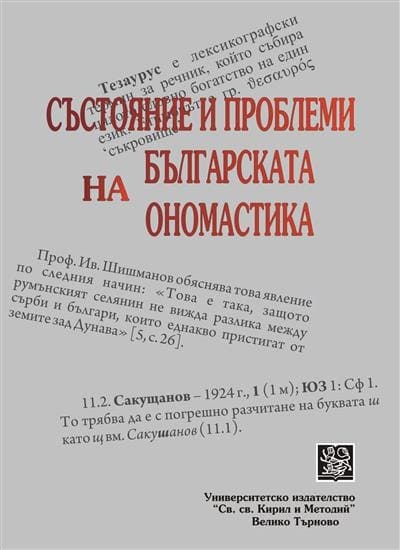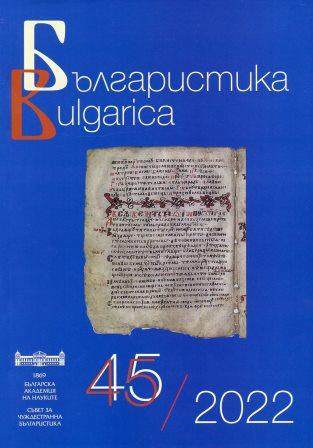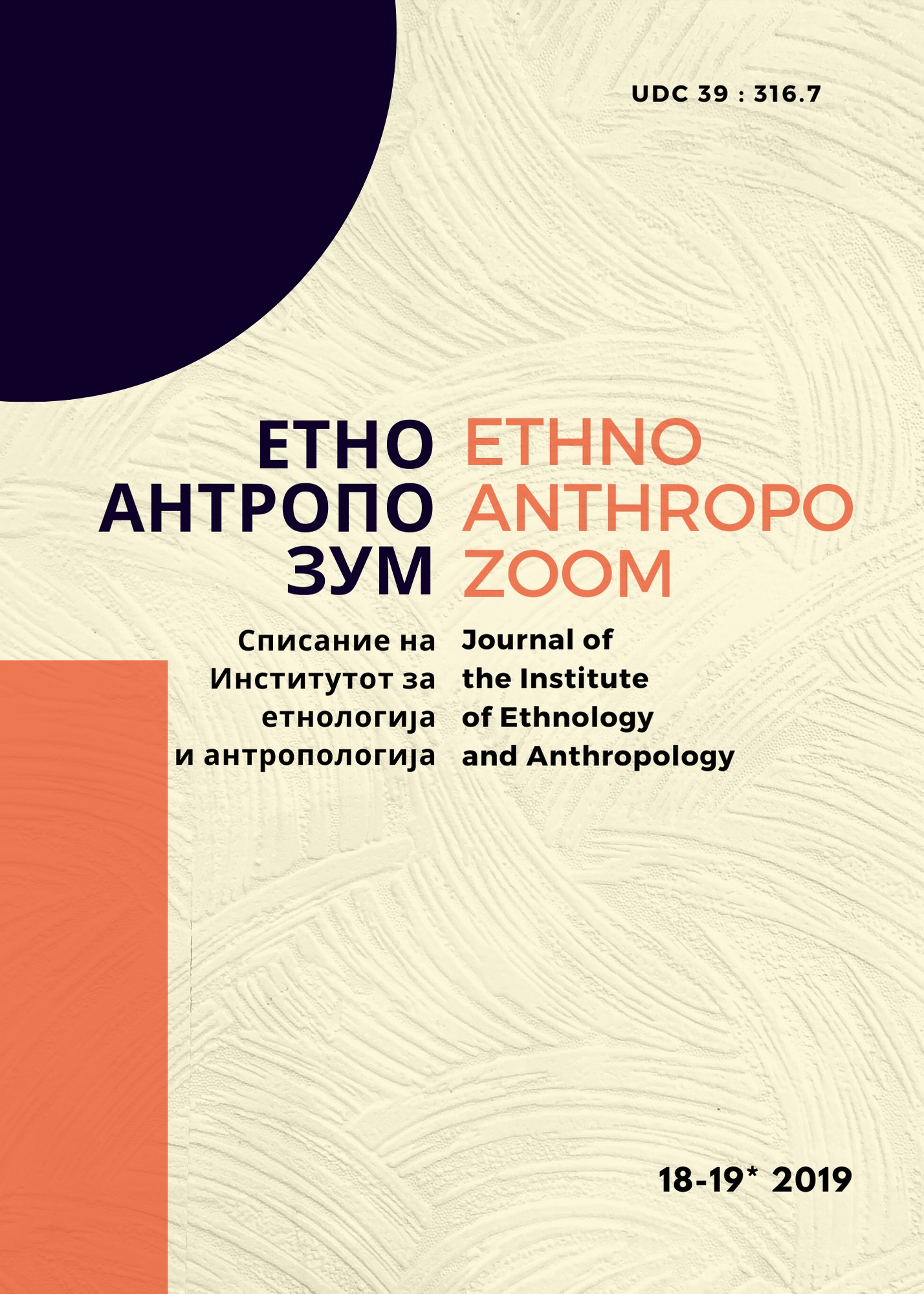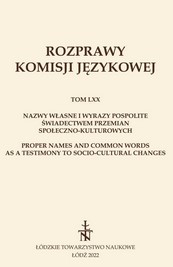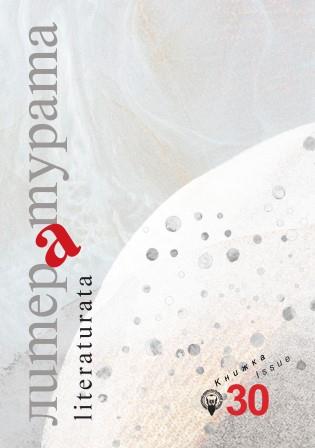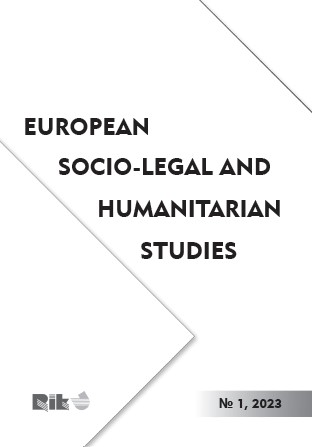Author(s): H. Kocherha / Language(s): English
Issue: 1/2023
The article characterizes a word formation, in particular a verbal one, which in the history of its development appeals to the Proto-Slavic heritage and produces the fundamental features of derivation. Transformations of verb-suffix word formation, which is an indicator of segmental changes in categorical, motivational, and semantic-cognitive aspects, have been clarified. It is noteworthy that the word on the basis of which the derivative is formed, since its connections with several creative ones are equally possible, because the specificity of word formation is in its multifacetedness, in the versatility of its connections, and therefore any one-sided consideration of word formation processes ceases to reflect the actual state of affairs and significantly limits its own problematic of word creation. In order to analyze the actual material, the methodological apparatus of Ukrainian derivation (word formation) was applied, other linguistic methods – descriptive with the methods of classification (systematization of the language material), comparative-historical with the methods of etymology, general scientific (induction, deduction, classification, systematization, modeling), cognitive-onomasiological, which makes it possible to characterize the grammatical system of the Old Ukrainian literary language of the 14th – 17th centuries, in particular its word-forming subsystem at the functional and motivational levels. The purpose of the article is to find out the categorical-motivational and structural-word-forming features of the word-forming processes of the denominative verb derivatives in the Old Ukrainian language of the 14th – 17th centuries. The description of the morphological system and structure of the Ukrainian language, based on the main fundamental principles of motivation and categorization of grammar, will contribute to the creation of a conceptually whole, consistent description of the grammatical systems of the modern Slavic languages, the development of typological studies in the grammatical Slavic studies [Gramatiki, 2013, p. 14]. The motivational processes of the Old Ukrainian denominative verbs of the 15th - 17th centuries can be traced both in propositional-dictum and associative-terminal motivations, where the usual connections of the motivating word and their reproduction in the semantics of the derivative are an important feature of the semantic structure of derivatives. Cognitive and onomasiological analysis of the denominative verbs in the segment of functionality and categorization will serve as a perspective for further scientific studies. The history of the derivational processes of the language of the Ukrainian nation, recorded in the written records of the Old Ukrainian period of the 14th – 18th centuries, presents the stages of formation of the verbal word-formation system and demonstrates the implementation of those changes that format the grammatical structure of the language at a certain historical stage.
More...
